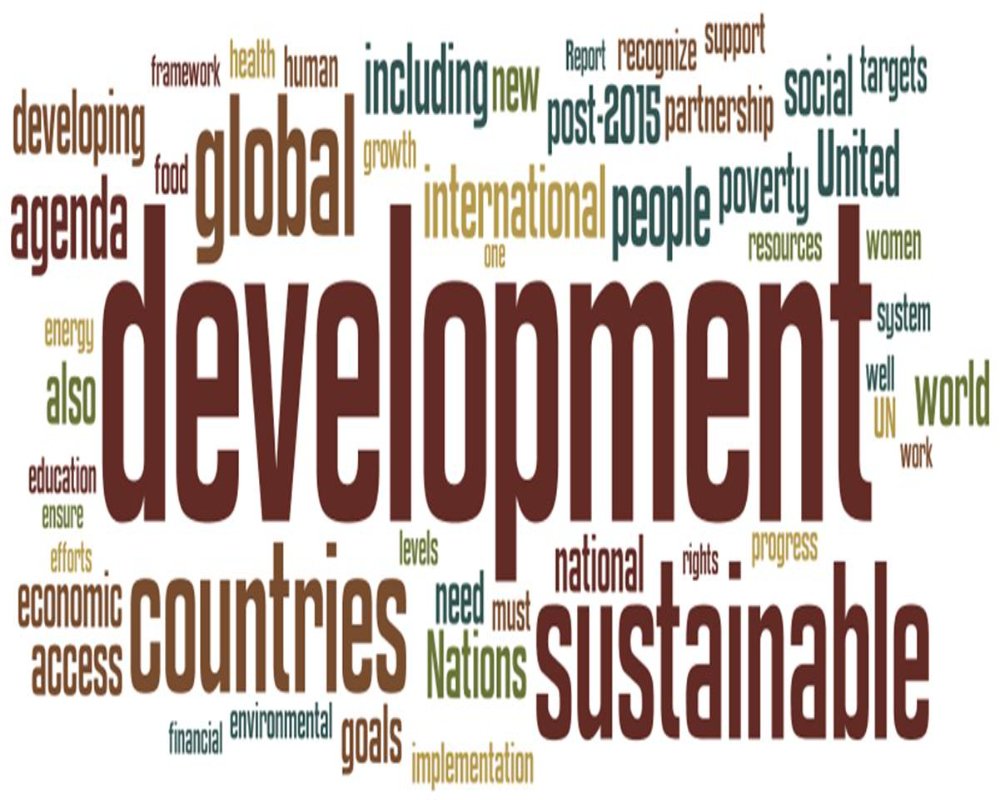Key Permits Required for Industrial Development
Introduction
Industrial development involves the establishment or expansion of facilities that manufacture goods, process raw materials, or provide industrial services. Such activities have significant economic and environmental implications, and therefore, they are subject to a broad range of regulatory approvals and permits. These permits are designed to ensure that the industrial project complies with legal standards related to land use, environmental protection, labor laws, construction safety, and operational integrity. Obtaining these permits is a critical early-stage activity in the planning and execution of any industrial project and must be approached systematically to avoid legal complications, delays, or financial penalties.
Land and Zoning Approvals
The first step in industrial development is securing the appropriate land and ensuring it is zoned for industrial use. Zoning permits are issued by local or regional planning authorities to confirm that the proposed industrial activity is allowed in the selected location. If the land is not zoned for industrial use, a zoning change or special use permit may be required. This process involves public consultation and must comply with local development plans and regulations. In many regions, industrial projects are only permitted in designated industrial parks or corridors to minimize the impact on residential and ecological areas.
Environmental Clearances
Environmental permits are among the most important and time-sensitive approvals required for industrial development. These include clearances under environmental protection laws that assess the project’s potential impact on air, water, soil, biodiversity, and local communities. An Environmental Impact Assessment (EIA) is usually mandatory for large or high-risk projects. Based on the EIA report, authorities grant environmental clearance, often with conditions related to waste management, pollution control, water conservation, and afforestation.
Additional permits may include consent to establish and consent to operate from the pollution control board, which monitor air and water emissions. Projects that handle hazardous materials must also obtain authorization for storage, handling, and disposal of such substances. These permits are typically renewable and require regular compliance reporting.
Construction and Building Permits
Before construction can begin, the industrial project must secure construction permits from local municipal bodies or development authorities. These permits validate the architectural and engineering plans, ensuring compliance with building codes, safety regulations, fire protection standards, and urban development norms. Structural stability, fire exits, access roads, drainage systems, and utilities must all meet approved standards.
If the project involves large-scale construction or is located near ecologically sensitive zones, additional approvals may be needed from regional planning commissions, coastal zone authorities, or heritage conservation bodies.
Factory Registration and Labor Compliance
Once construction is completed and the facility is ready for operation, registration under the local Factories Act or its equivalent is required. This process includes inspections to ensure the safety and welfare of workers, adequate lighting and ventilation, machinery safeguards, and compliance with working hours and wage laws.
Labor-related permits and registrations must also be obtained for provident fund contributions, employee state insurance, minimum wage compliance, and industrial dispute resolution mechanisms. In some regions, licenses for engaging contract labor or for employing women in night shifts may be separately required.
Fire and Safety Certifications
Fire safety clearance is essential before beginning operations. This involves submitting the facility’s layout and safety features to the fire department for inspection. Approval is granted only after verifying the presence of fire exits, alarm systems, extinguishers, water hydrants, and emergency plans. Industrial units dealing with flammable or explosive materials are subject to stricter regulations and may need additional clearance from explosive safety organizations or petroleum and explosive safety authorities.
Utilities and Infrastructure Approvals
Industrial development requires reliable access to power, water, waste disposal, and transport infrastructure. Separate approvals must be secured from electricity boards for power connections and transformers, water supply departments for industrial water usage, and local bodies for sewage and effluent treatment systems. In some cases, permits are needed for the drilling of borewells or the discharge of treated water into public drains or natural water bodies.
Projects that require high-voltage electricity or generate large amounts of industrial waste must comply with advanced utility standards and may need to install dedicated infrastructure or renewable energy systems to meet regulatory guidelines.
Import, Export, and Trade Licenses
If the industrial unit is involved in international trade—either for importing raw materials or exporting finished goods—it must be registered under foreign trade regulations. This includes obtaining an Importer Exporter Code (IEC) from the Directorate General of Foreign Trade (DGFT) and, depending on the nature of the goods, specialized licenses or clearances from customs, excise, or trade ministries.
Certain industries such as pharmaceuticals, chemicals, food processing, and defense manufacturing are subject to even more detailed licensing requirements, including certifications from food safety authorities, drug control boards, or defense regulatory agencies.
Conclusion
The development of an industrial project requires careful navigation through a wide spectrum of regulatory frameworks and permit procedures. From land acquisition and environmental clearance to labor compliance and fire safety, each permit ensures that the industrial activity is conducted responsibly, safely, and in accordance with national and local laws. Timely acquisition of these permits not only avoids legal and financial setbacks but also builds credibility with investors, local communities, and government agencies. A structured, well-documented approach to securing permits is essential for the successful and sustainable development of any industrial venture.
Hashtags
#IndustrialDevelopment #Permits #ConstructionPermits #ZoningLaws #EnvironmentalPermits #BuildingCodes #SitePlanApproval #LandUse #RegulatoryCompliance #BusinessLicenses #SafetyStandards #InfrastructureDevelopment #UrbanPlanning #IndustrialGrowth #PermitProcess #LocalGovernment #EconomicDevelopment #Sustainability #ProjectManagement #IndustryRegulations


